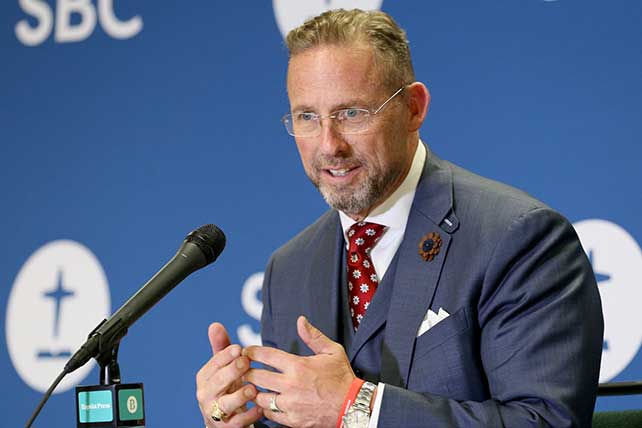Because of the time and work that upcoming seasons of “The Chosen” require, creator and director Dallas Jenkins won’t announce future release dates “until we have them locked in.” In a YouTube video released Sunday (April 27), Jenkins said trying to guess at schedules can create expectations and confusion.
“We are trying to do it as fast as we possibly can,” he assured viewers of the hit TV show about Jesus’ life. “We just need your patience.” During the almost two-hour video, Jenkins showed snippets from work on Season 6, interviewed the actor who plays John, and answered questions from fans.
The next season, which covers Jesus’ crucifixion, will likely release in 2026, Jenkins said, though “it won’t be early next year.” The release schedule will be a bit different from previous seasons, with a gap before the finale of Season 6.
“Season 6 is going to take us longer to film than any season we’ve ever done, by far,” said Jenkins, who’s been directing at night for 12 hours at a time. He directs every episode, has been filming at multiple locations, and must manage various international logistics.
“Please be grateful for the fact that we try to get it to you as soon as possible,” Jenkins said. “Be grateful for the fact that the show has grown and gotten bigger, and that we are trying to satisfy the needs of everyone around the world.”
In the meantime, Jenkins’ new 5&2 Studios has several new projects “to tide you over between seasons.” The director asked for prayers for the whole team—as well as for the family of a scenic artist who recently passed away unexpectedly.
Dallas Jenkins: ‘The Chosen’ Is Now a ‘Global Movement’
Dallas Jenkins thanked viewers for the “overwhelming” response to Season 5, “The Chosen: Last Supper,” which many churches included in their Easter plans. Hearing about the impact “keeps our batteries charged,” he said, after reading a testimonial from a U.K. viewer.
The overseas theatrical turnout for Season 5 was especially impressive, Jenkins noted, with “The Chosen” becoming a “global movement.” As previously announced, the goal is to eventually offer the show in 600 languages.
On May 2, which Jenkins called “5&2 Day,” he will announce when Season 5 is coming to Amazon Prime Video. Episodes will be available “at the same cadence” as the theatrical release. “It’s the shortest window we’ve ever had for a release of an entire season to streaming,” Jenkins noted.



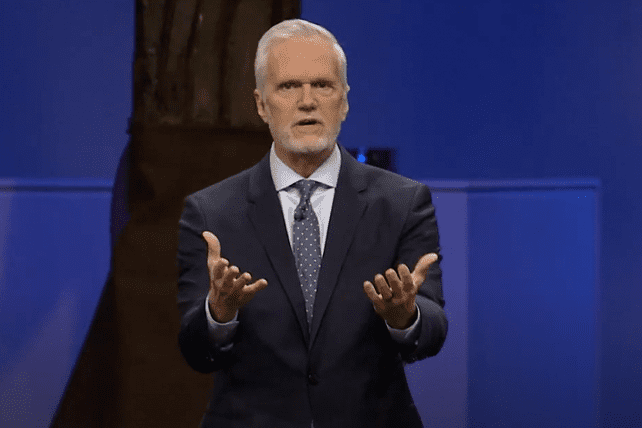
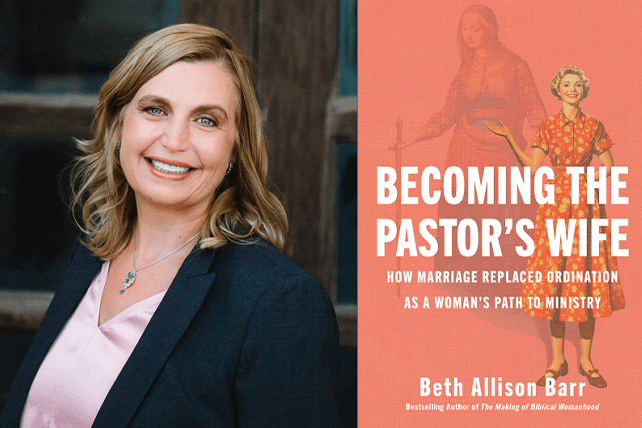





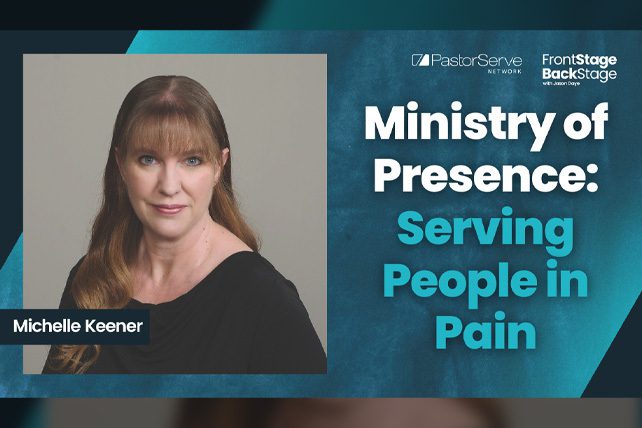





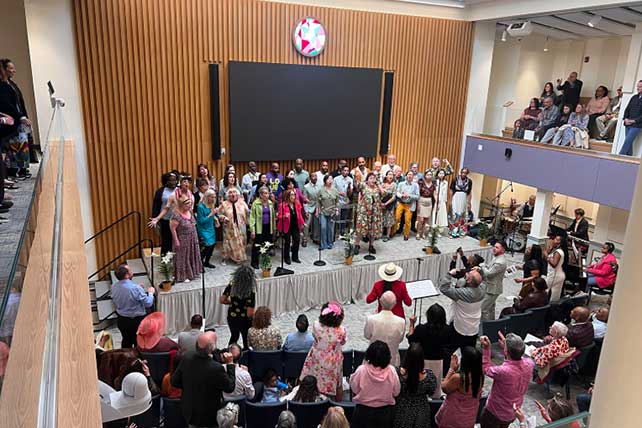





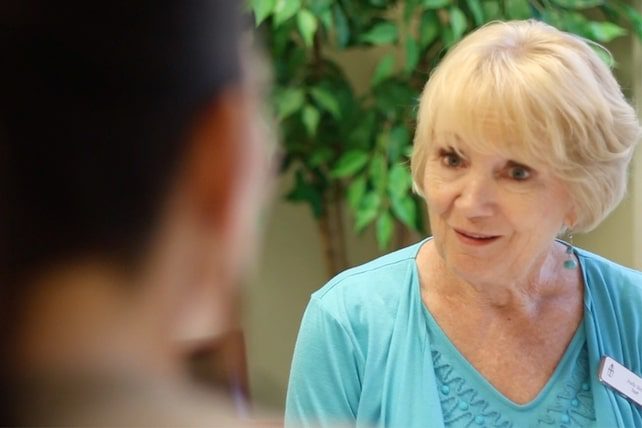
 “BrainSync,” active ingredient No. 4 in Neuroscience Informed Christian Counseling® (NICC), encapsulates a nuanced and transformative therapeutic process that involves strategic use of limbic resonance, regulation, and revision in service of participant care. This multifaceted concept leverages the neurological underpinnings of human connection and
“BrainSync,” active ingredient No. 4 in Neuroscience Informed Christian Counseling® (NICC), encapsulates a nuanced and transformative therapeutic process that involves strategic use of limbic resonance, regulation, and revision in service of participant care. This multifaceted concept leverages the neurological underpinnings of human connection and 